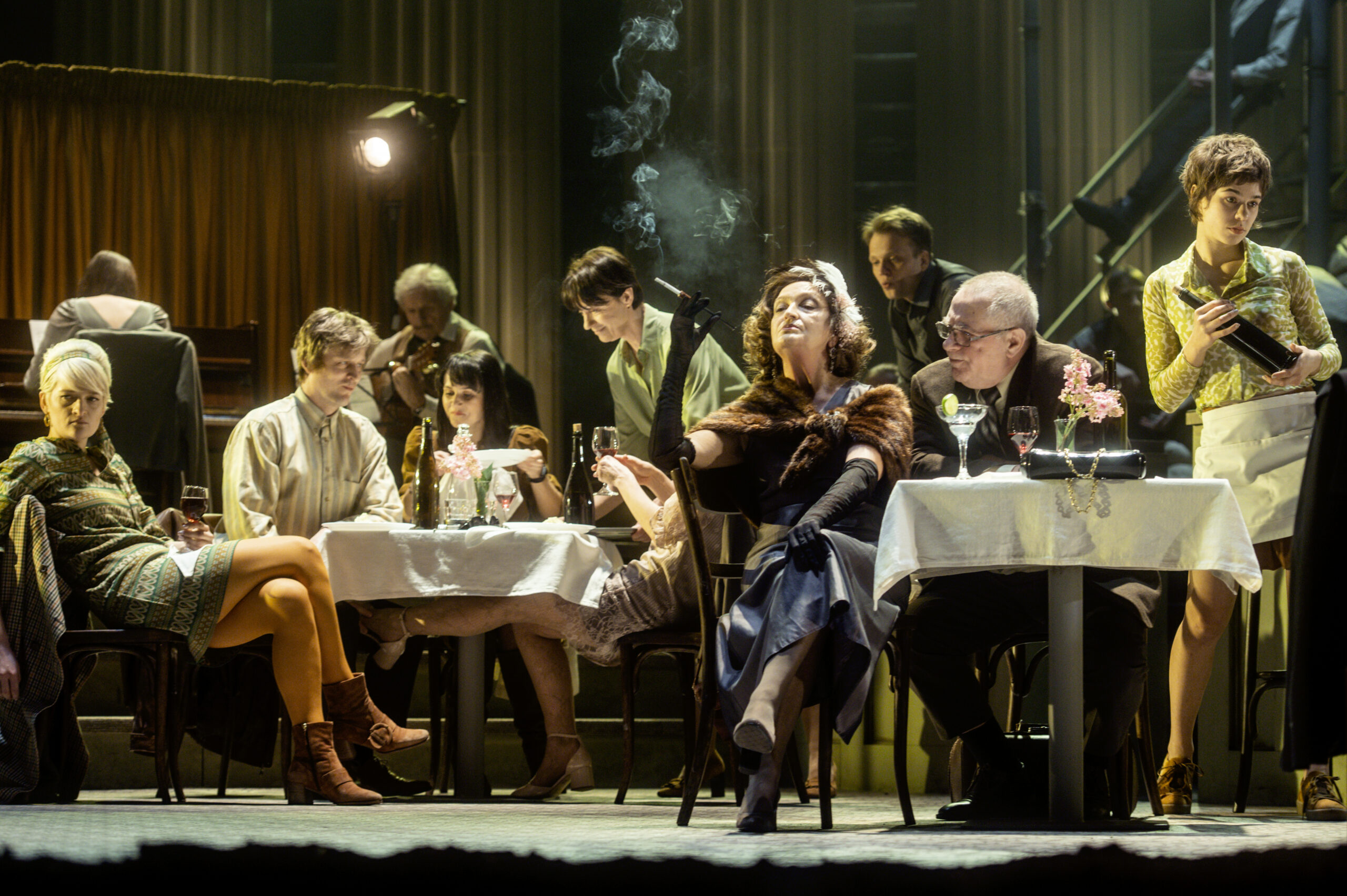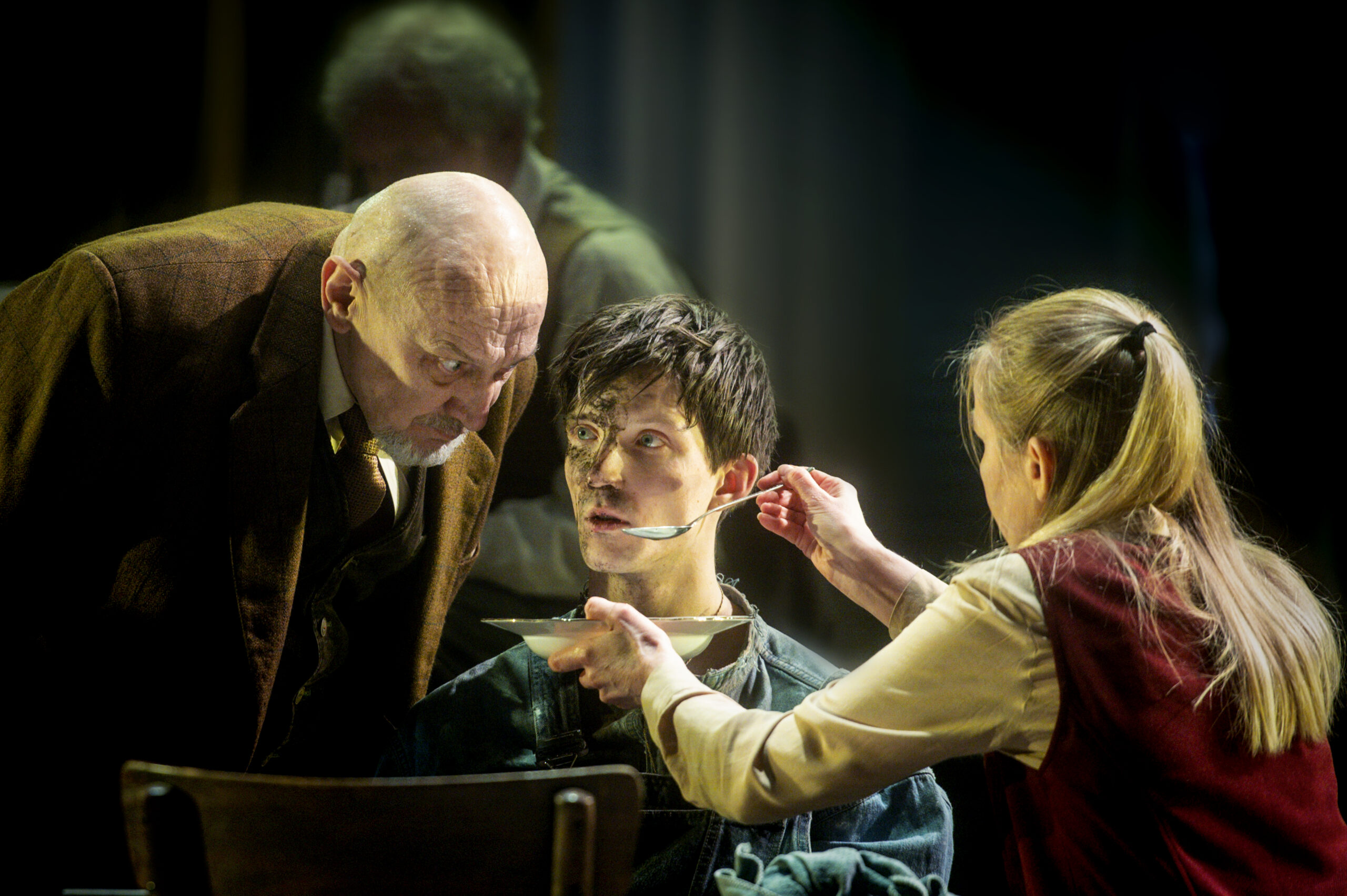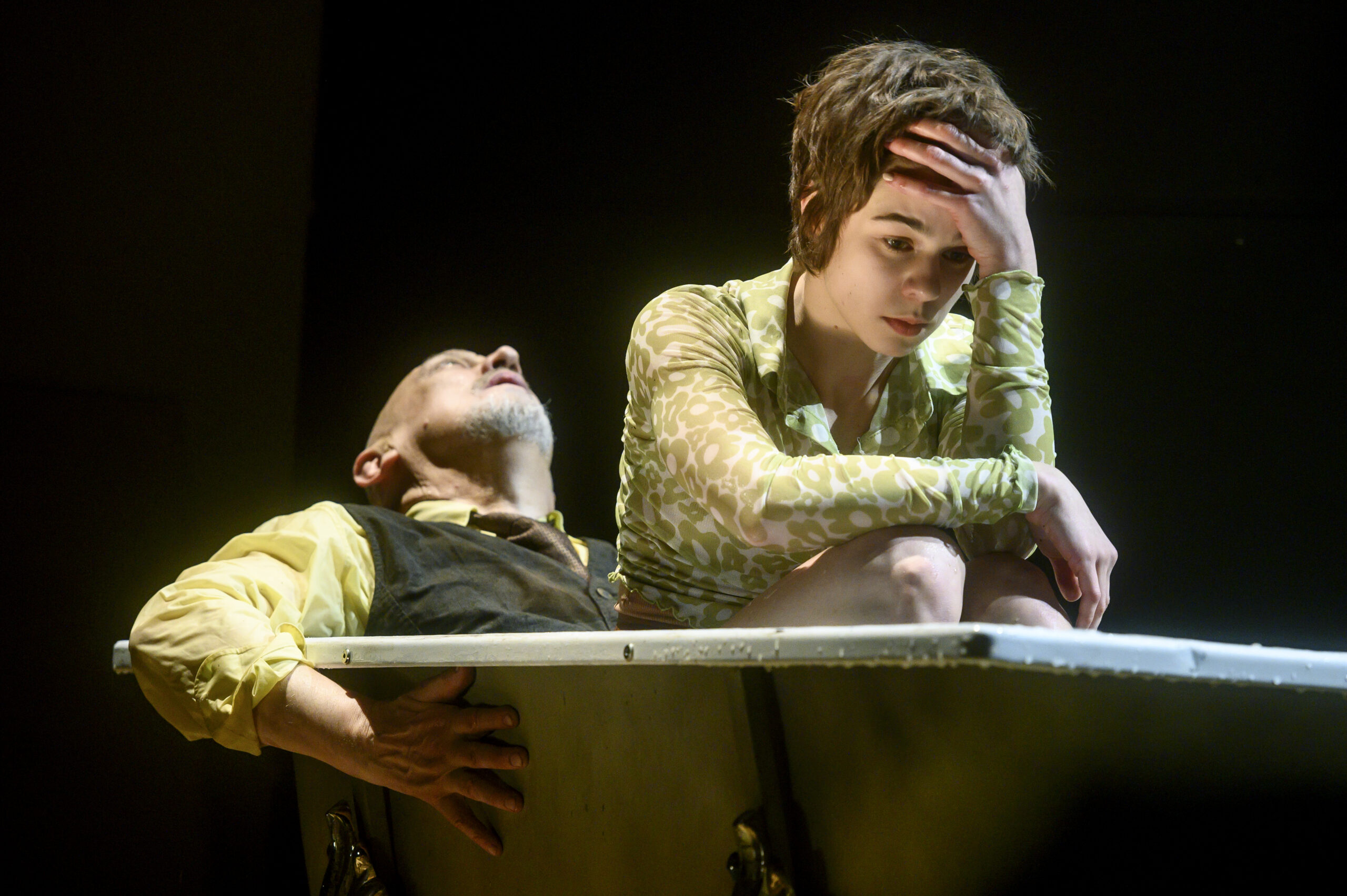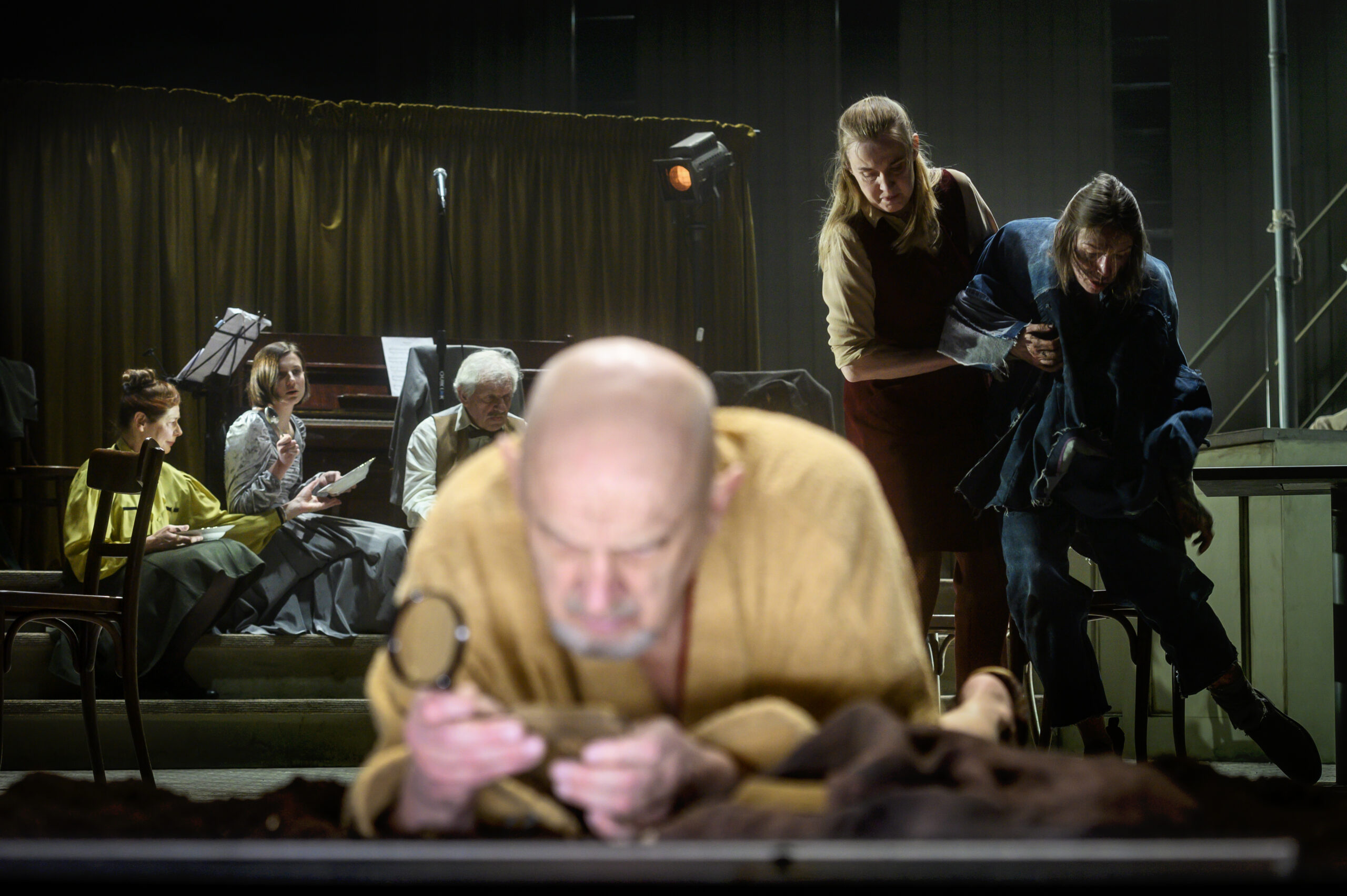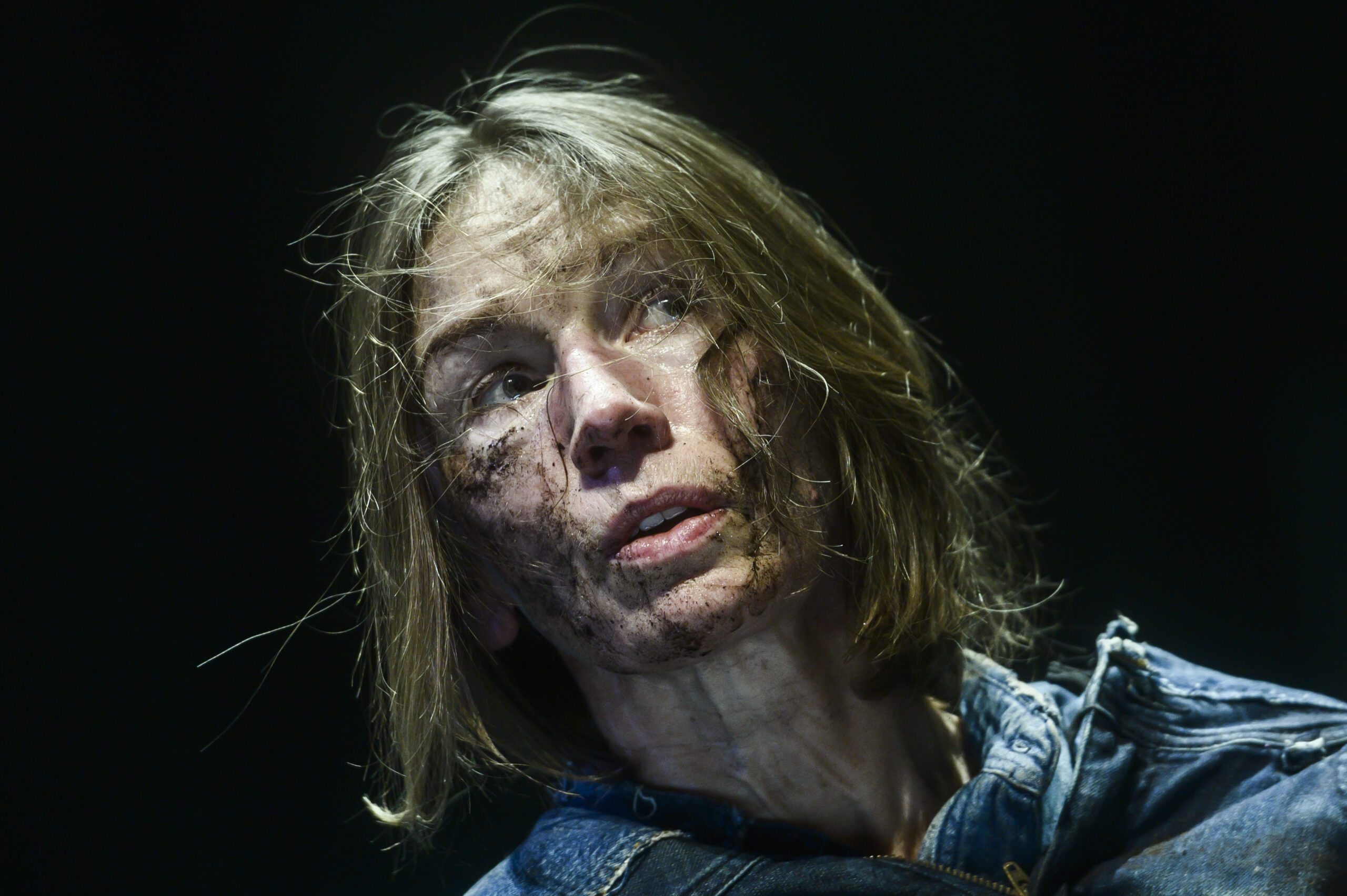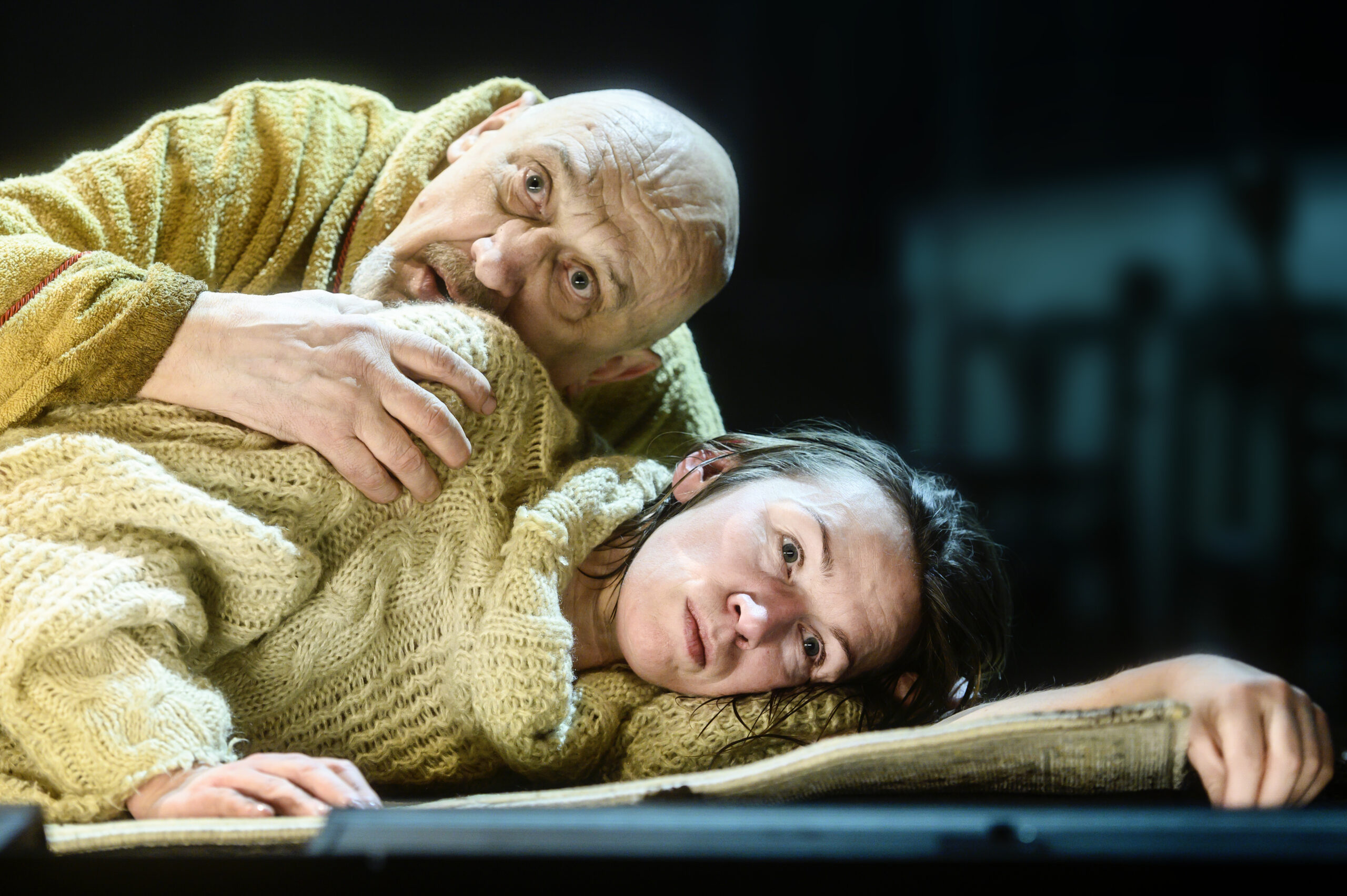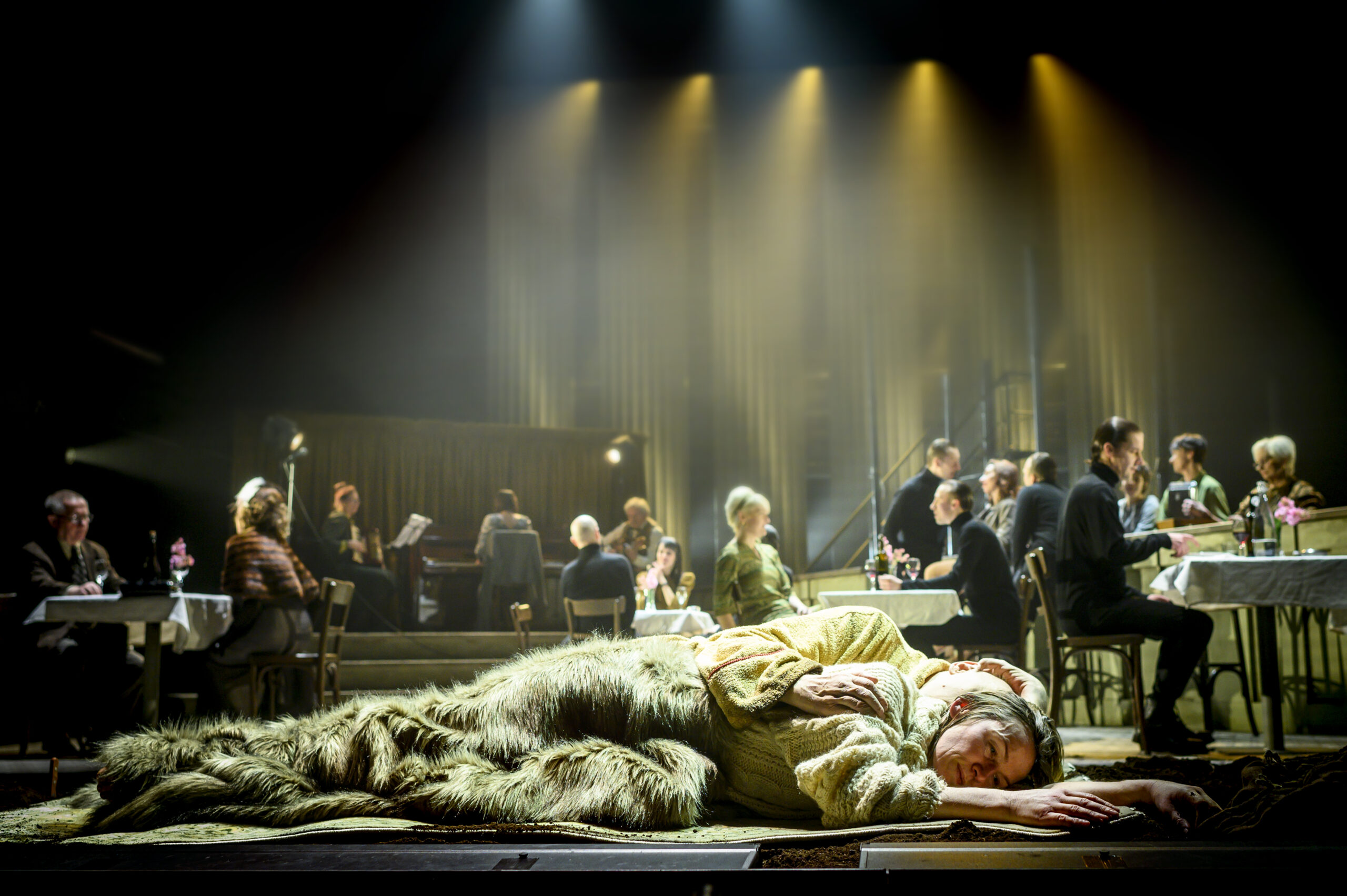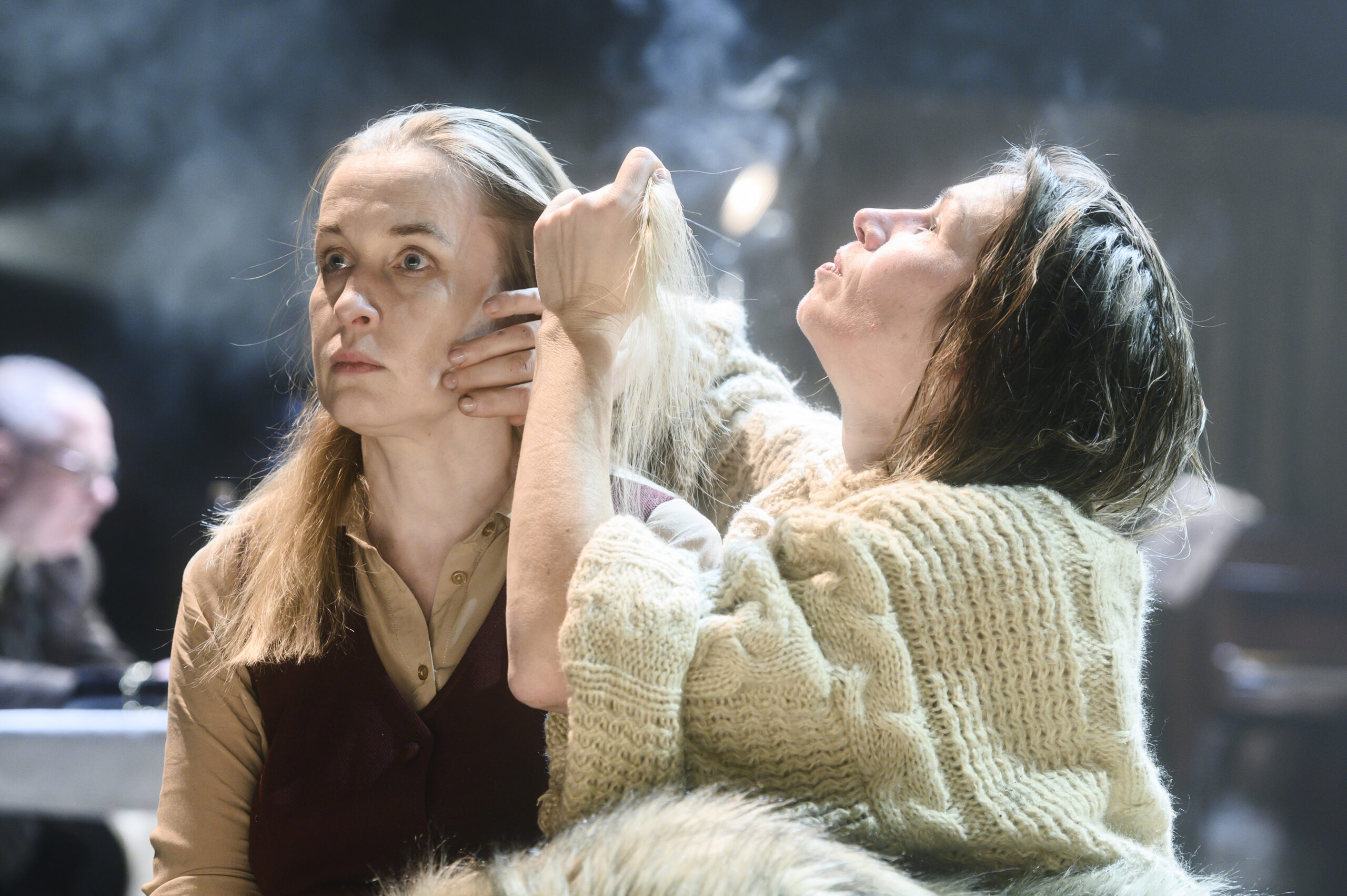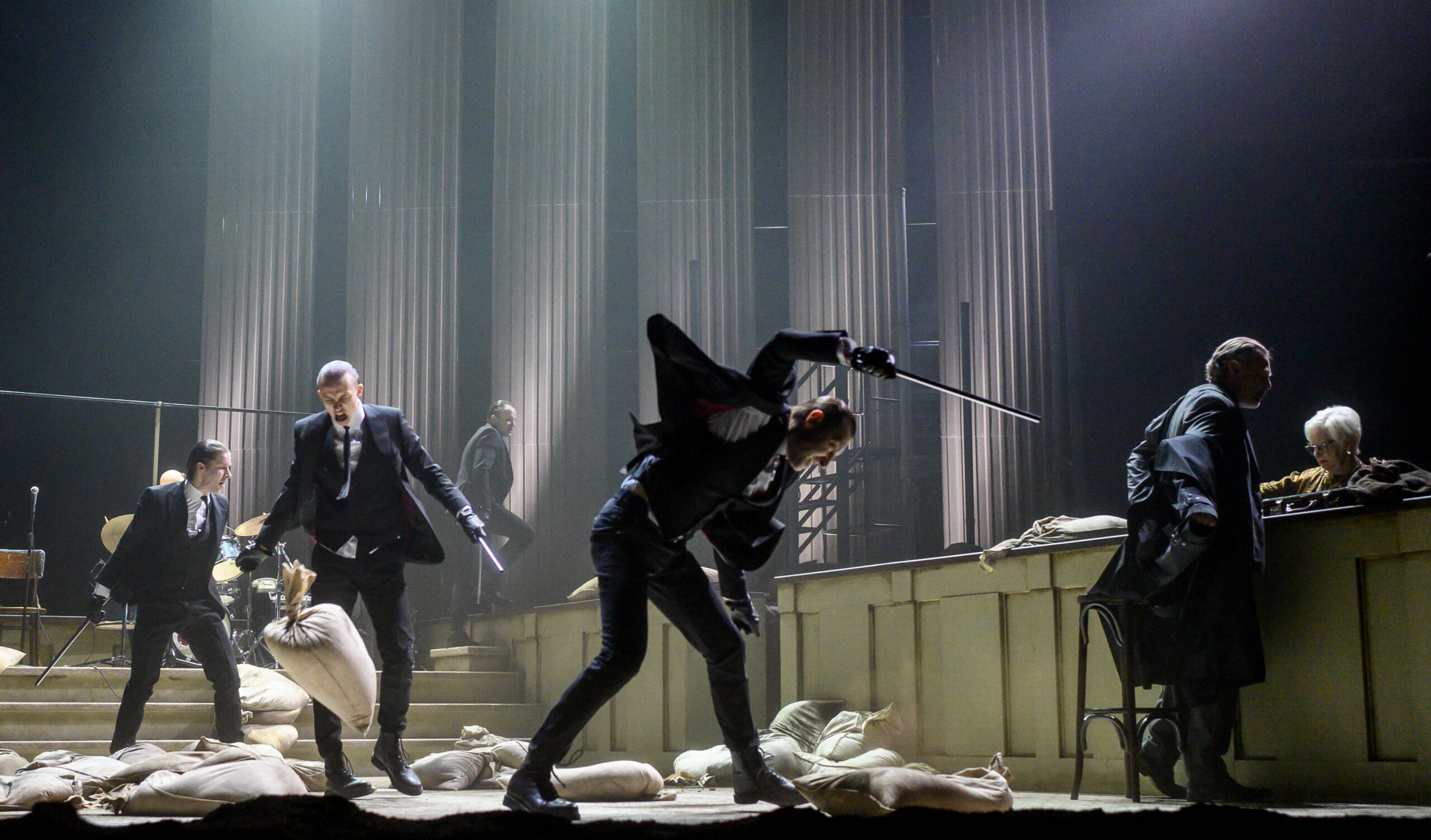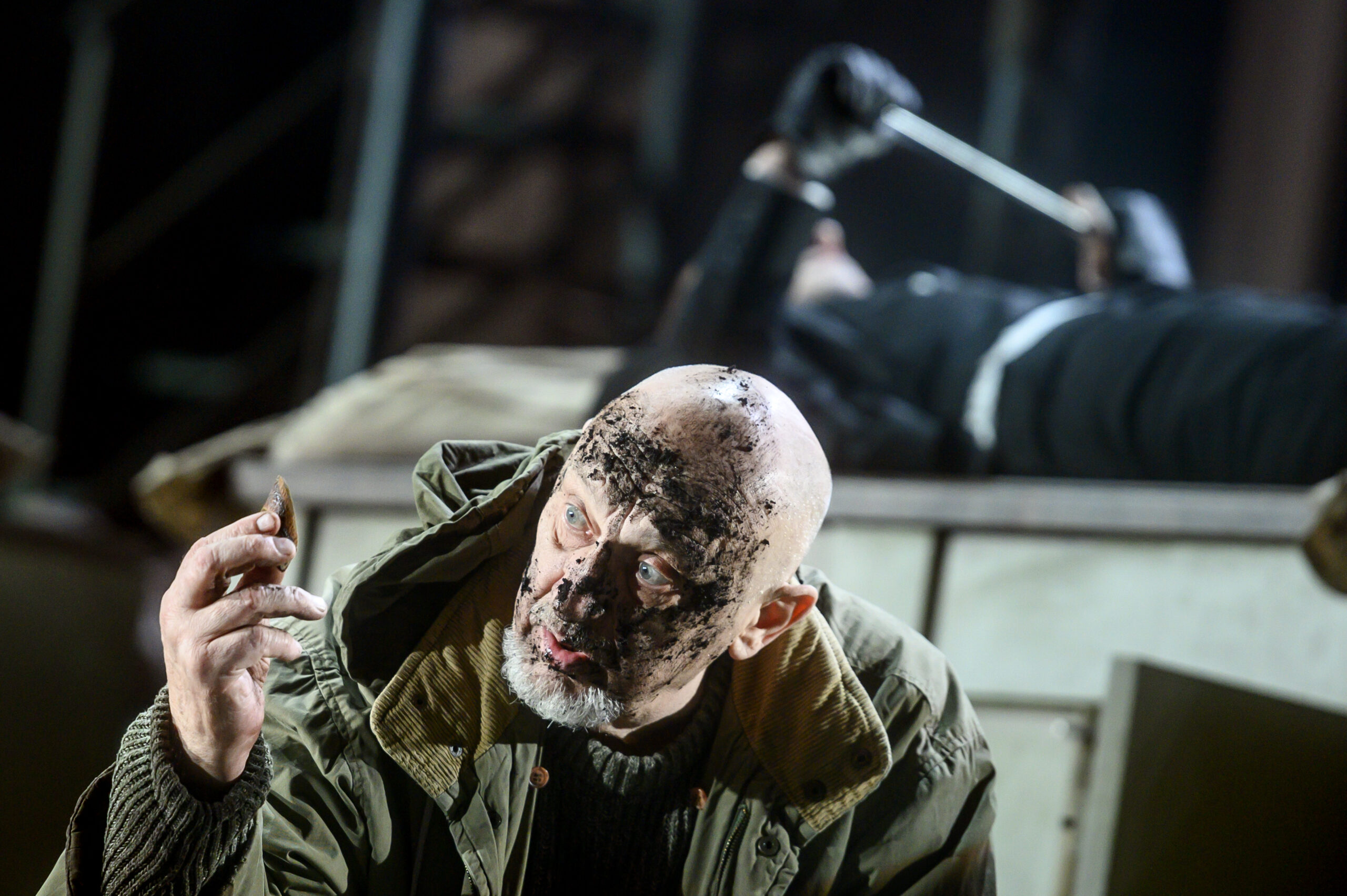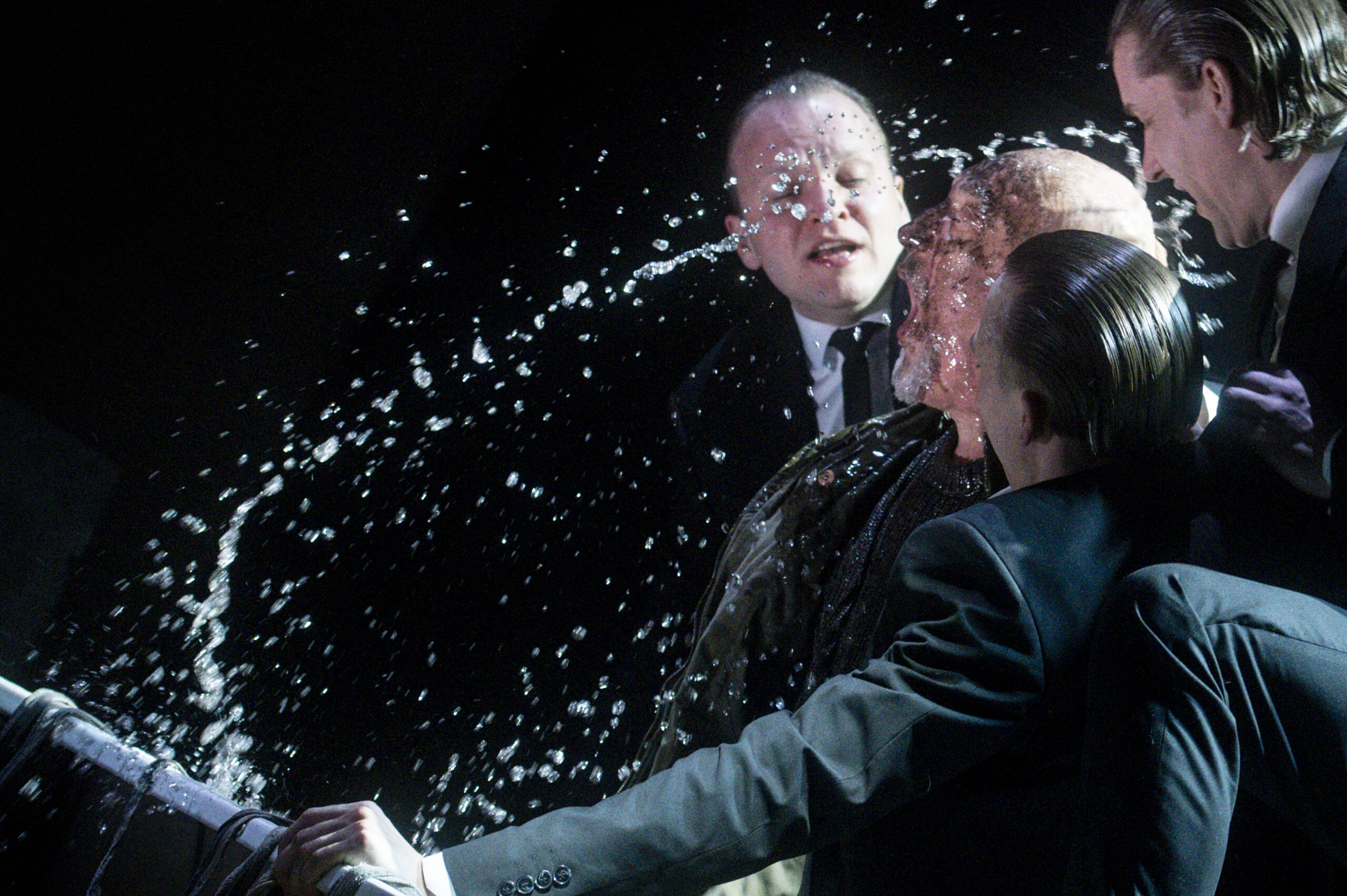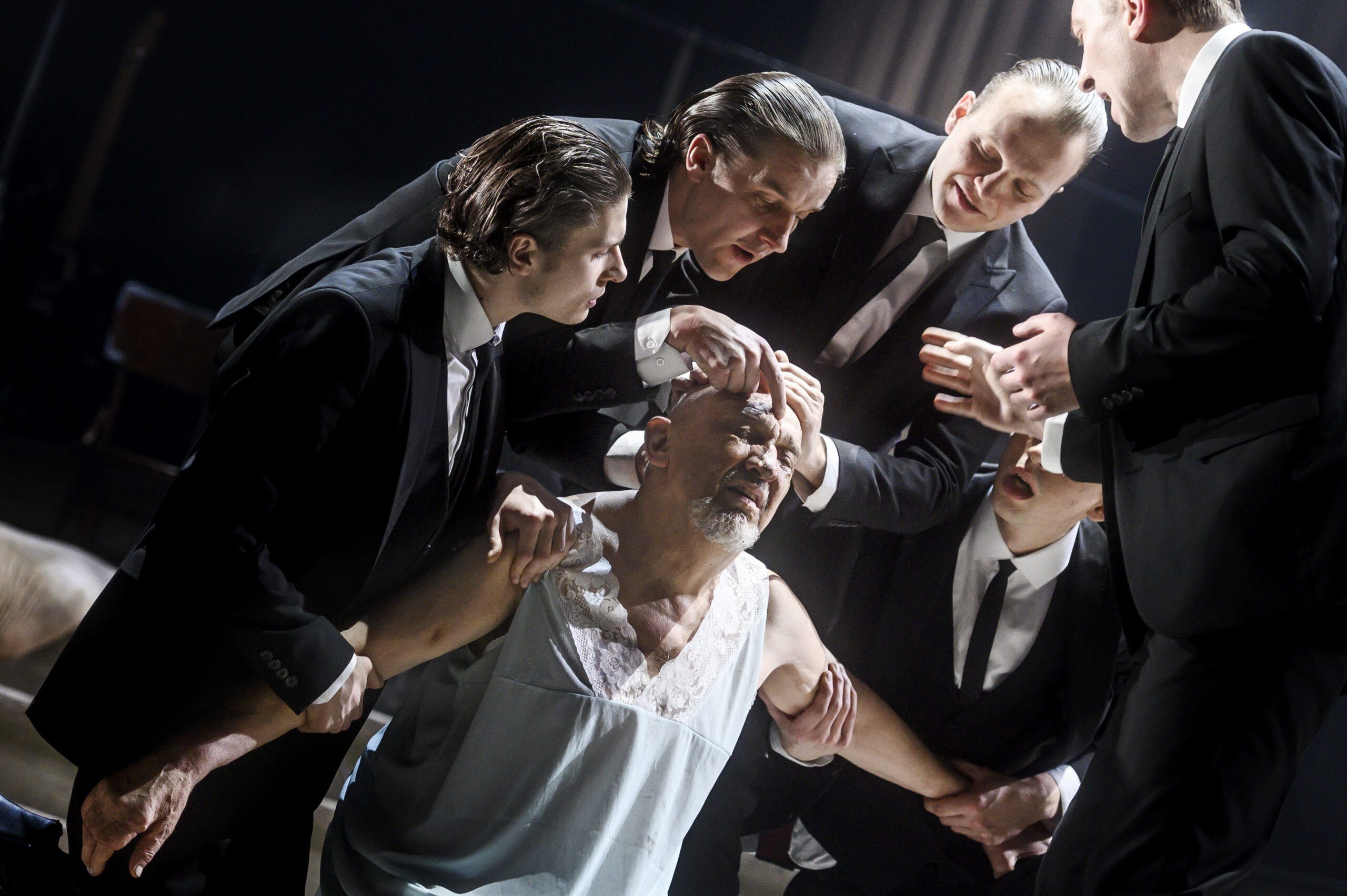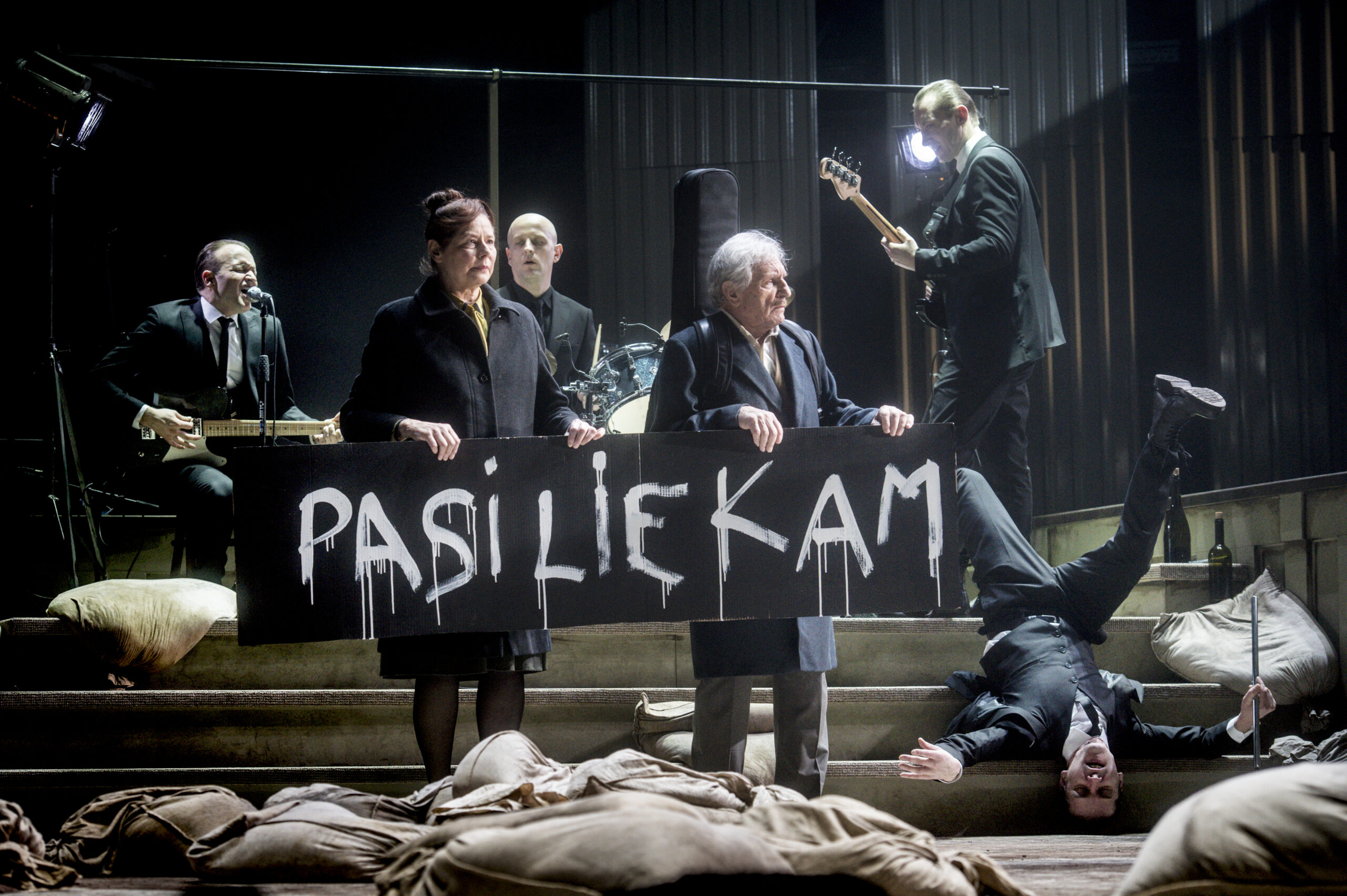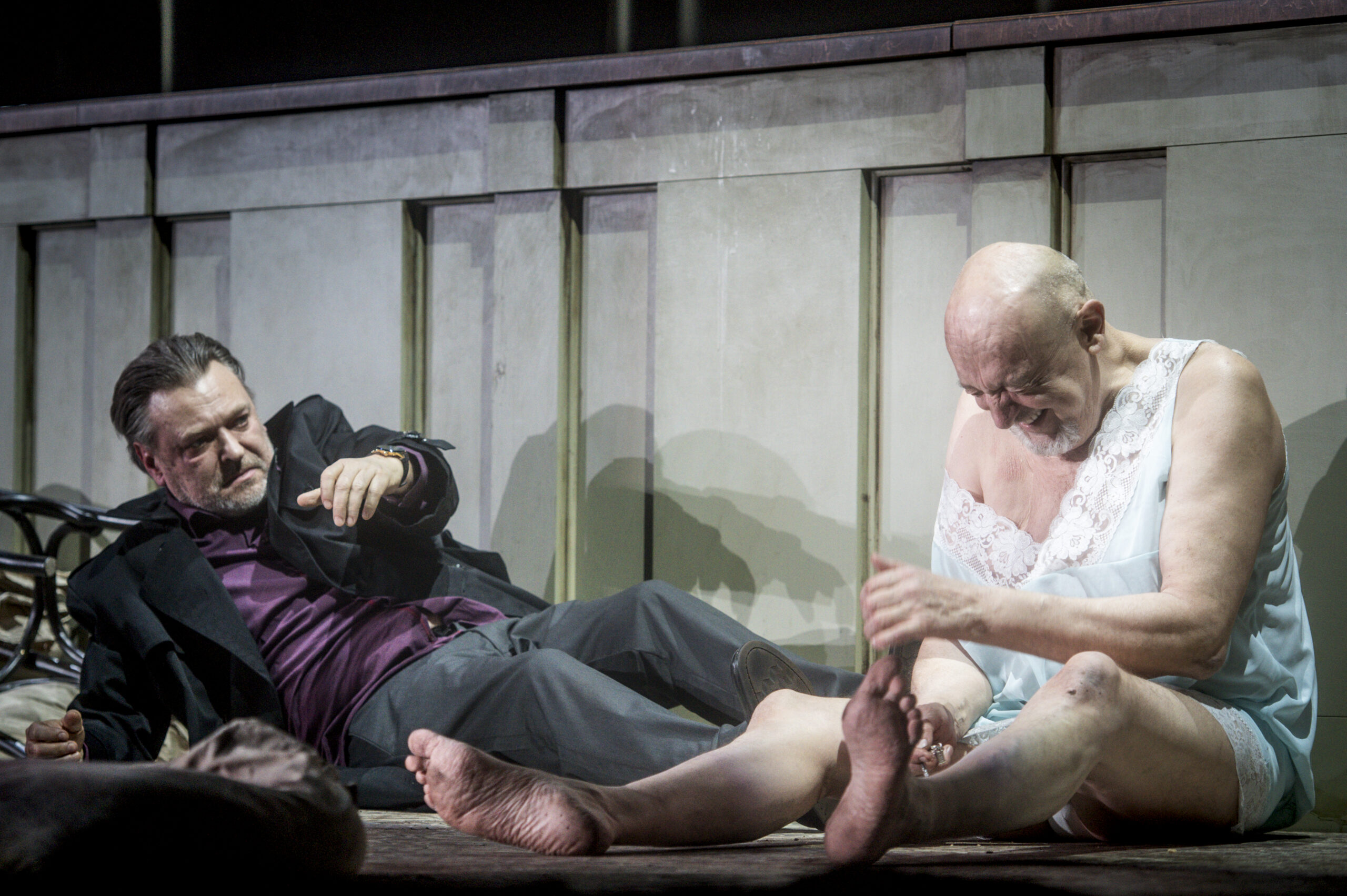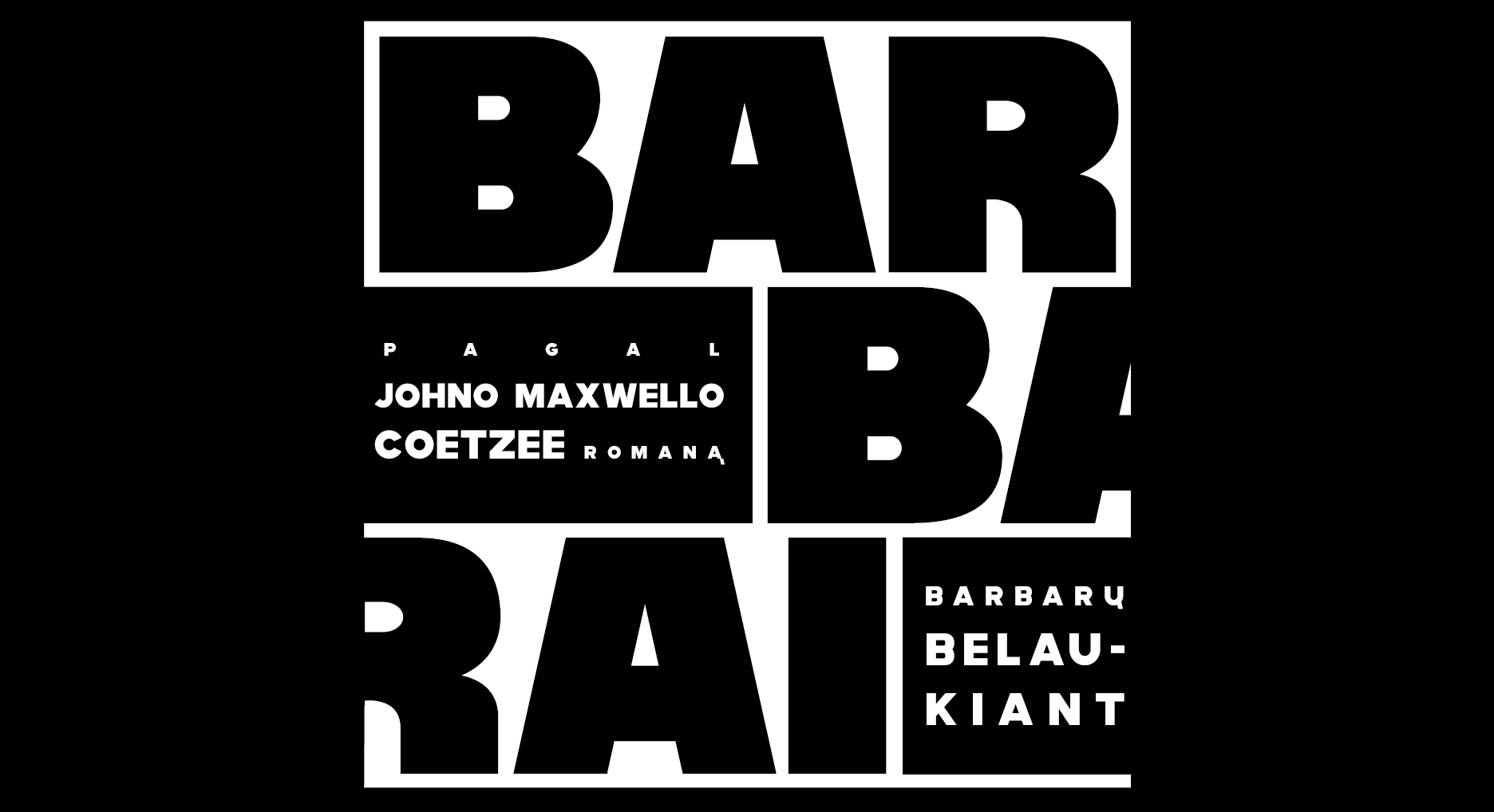J. M. Coetzee, born in 1940 in South Africa, is an exceptionally talented prose writer, one of the most famous names in contemporary world literature, and a Nobel Prize laureate. His novel Waiting for the Barbarians, published in 1980, tells a story of an aging judge in an anonymous Empire. This man administers justice in a small border town in the lands annexed from the peaceful steppe nomads, who are dubbed “the barbarians”, and in his spare time gratifies his secret passions for women and archeological research. The novel appears to explore the limits of human condition and to pose the question of who are the actual barbarians: the mercilessly persecuted and tormented native steppe-dwellers – nomads, farmers, fishermen and artisans – or the ordinary townsfolk who are indifferent to their suffering along with the army of the Empire that protects them?
The director Árpad Schilling states that in his novel Waiting for the Barbarians J. M. Coetzee first of all writes about his own experience in the Republic of South Africa, about the empire of the whites and its attitude to the indigenous black population there, about the colonial politics of the Western world in the Middle East, South America or North Africa. However, today it is the empire of the East that has risen to fight “the barbarians”, today it is them who are bombarding houses and killing people. But, regardless, if the author speaks of the West or the East – on every frontline there is some small border town in which ordinary, god-fearing folks live their everyday lives and assume that the horrors of war will pass them by, because they are such decent and totally neutral people. Yet there is no one totally neutral. Perhaps only children. The small town and their local community is in the centre of events when a conflict boils up between the bloodthirsty Empire, hell-bent on conquering the barbarians, and an individual, a typical intellectual, who resists it.
